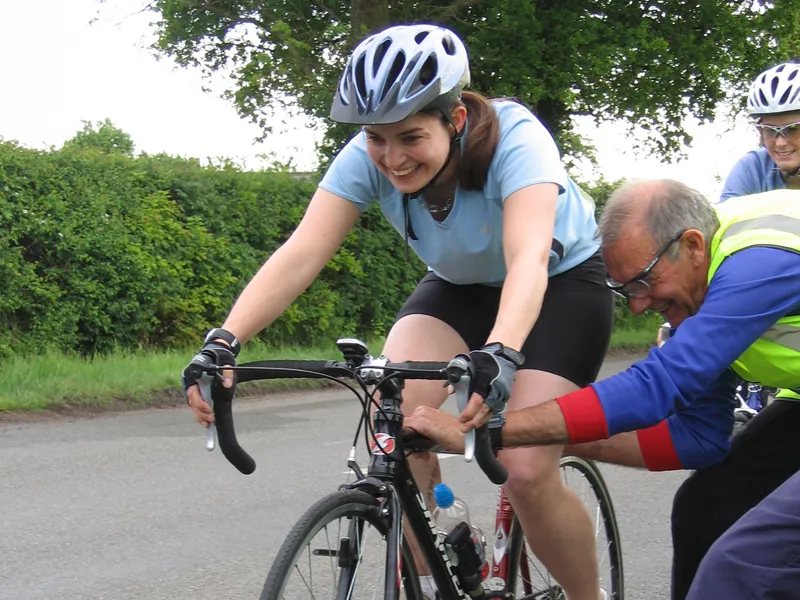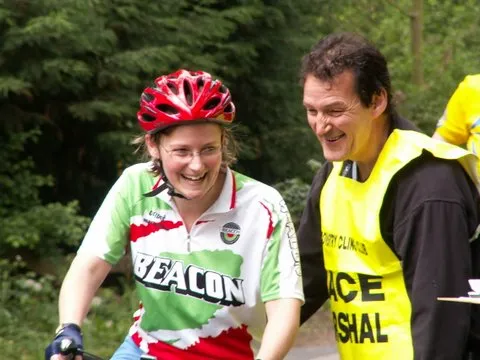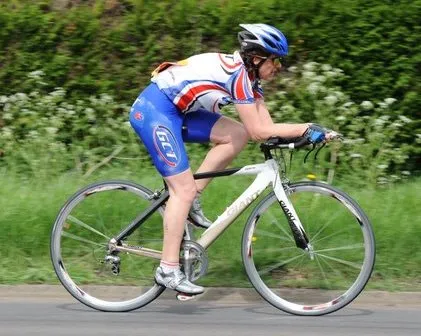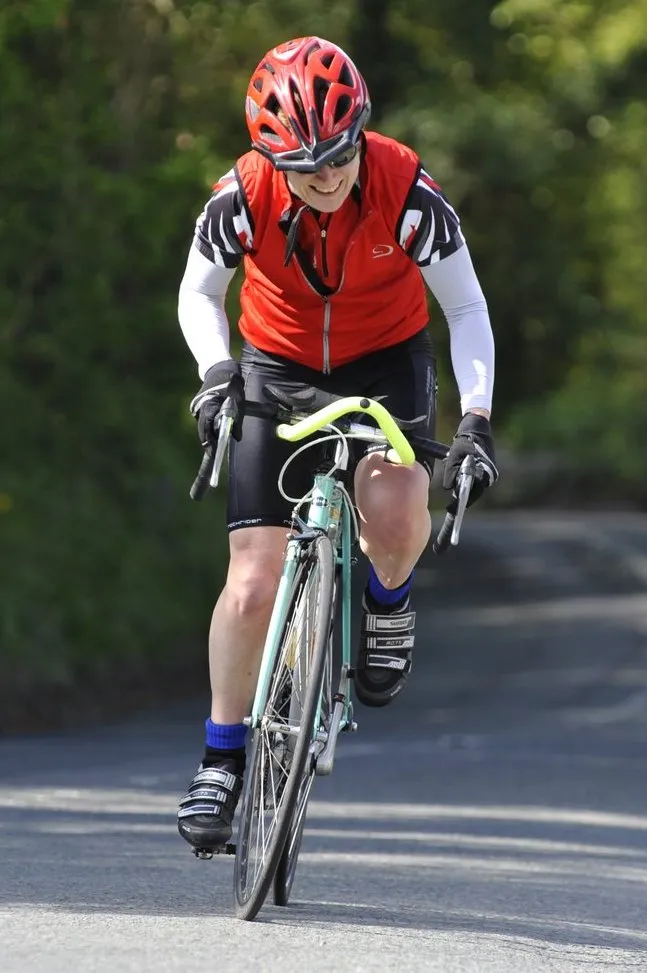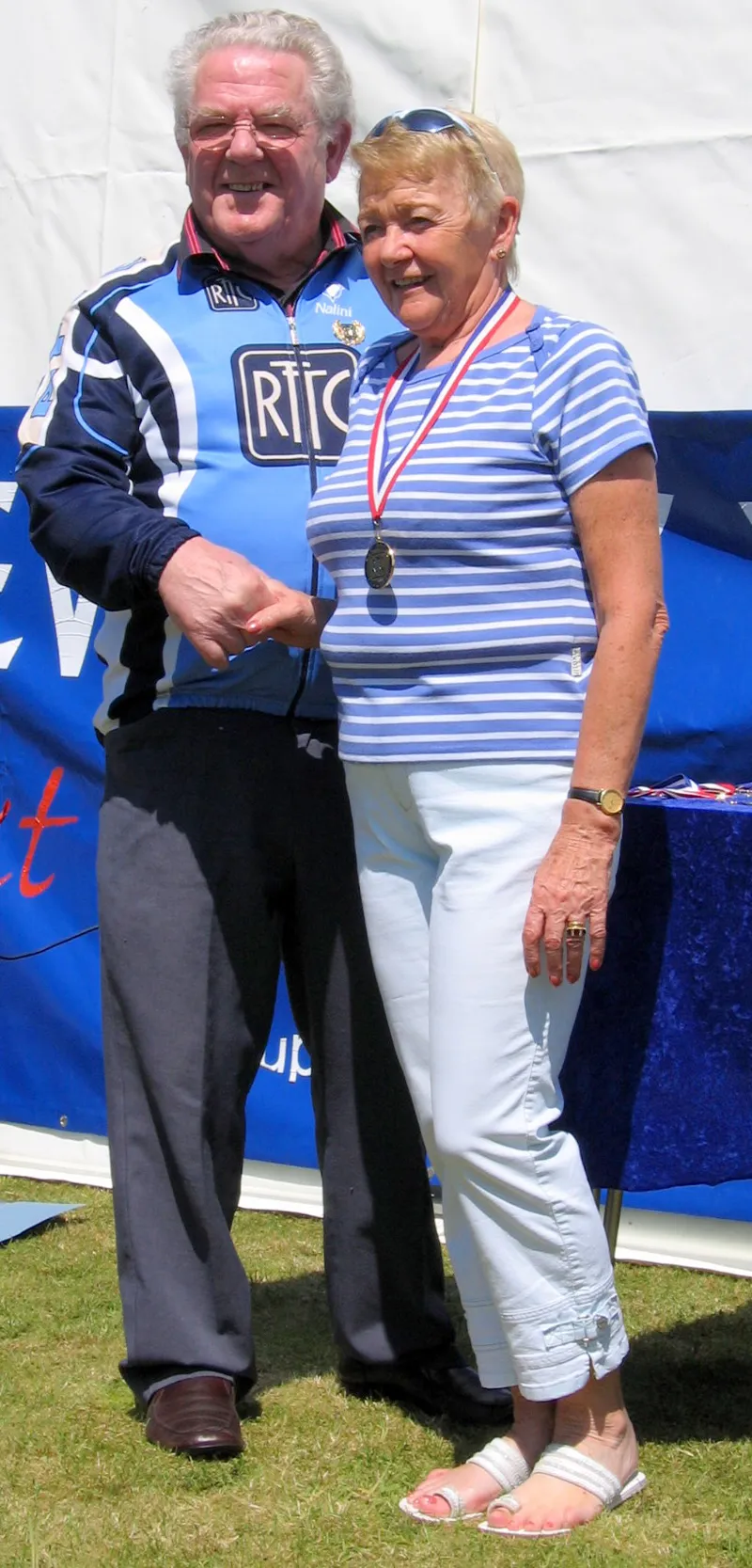As female cyclists we have some fantastic role models. Nicole Cooke, Victoria Pendleton, Rebecca Romero and Emma Pooley have all made headlines with stupendous displays of strength, power, determination and courage. The world of competitive cycling is open to women as it never has been before, so if you have a bike, a thirst for an athletic challenge and a modicum of competitive spirit, why not give it a go?
One of the best places to start is with a time trial – a solo ride against the clock where riders are set off at intervals. There's nothing complex, technical or tricky about it, and no minimum standard required. If you get a taste for it, you can go on to compete against the best in the sport – to enter a national championship you don't even need to post a qualifying time.
I need to dispel a myth at this point. You may have an image in your mind of a closed world of elite, super-fast guys on state-of-the-art, streamlined bikes. Dressed in all-in-one Lycra, with pointy hats and crouched low on carbon aero-bars, their darkened visors obscure their faces. These intimidating aliens cruise the dual carriageways at startling speeds as if from a different planet.
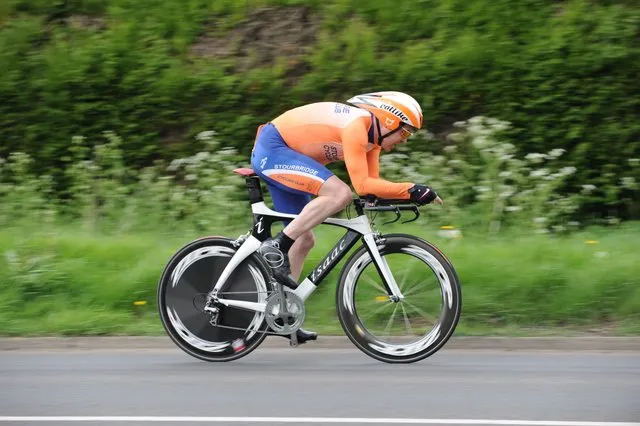
This distinctive image does the sport no favours. In reality, you need nothing more than a basic, well-maintained bike to enter any time trial. Even the Women’s National 10-mile Championship this year included a good number of novices, and the oldest competitor, Gill Henshaw, a wonderful, inspiring lady from Long Eaton, was 75 years old.
Measured time trial courses on the safest possible roads are widespread and numerous; you would be unlucky if you lived further than 10 miles from one. Events run by hundreds of local cycling clubs on a weekly basis are small-scale, friendly and welcoming. Just find a local club and ask about the courses and when events take place.
For a nominal entry fee you will be given a start time and a race number to pin on your back. Warm up well, then report to the start in plenty of time, clip into your pedals while being held up by the ‘pusher-off’ and after “three-two-one”, off you’ll go!
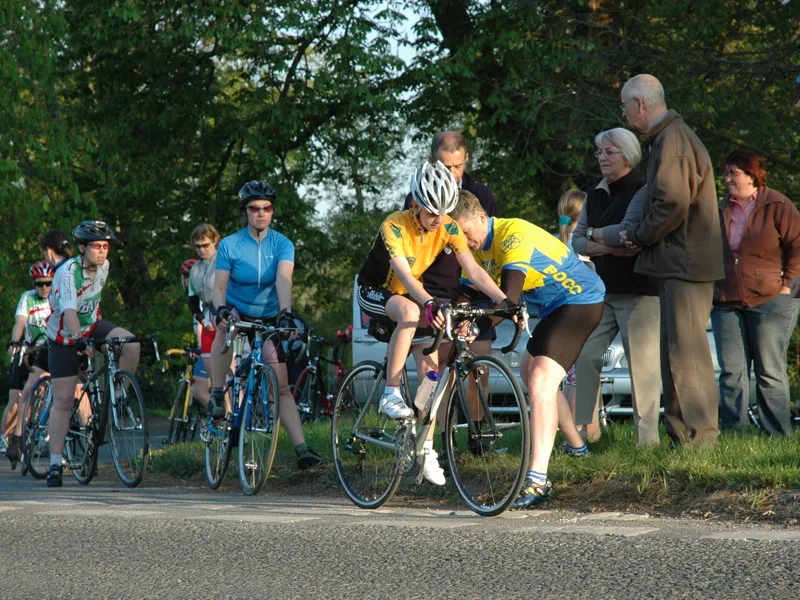
You may be thinking “I couldn’t do that, I’m not fast enough”, but you don't have to be fast or strong to take part in a time trial. Nobody minds if you aren't as fast as the next rider. You go at your own pace. You are in control.
In fact, ‘control’ is what a time trial is all about. You need a heightened sense of awareness and the ability to use that to control your effort. Just how fast should you go to ensure that you don’t blow-up yet go as fast as possible? Focus and concentration are key. How is my breathing? How are my legs? Am I pushing hard enough? Is my cadence about right? If I pushed a little harder could I go up a gear? Concentration. Pain. Heaving lungs. Focus. Rhythm.
When the chequered flag comes into view the fleeting relief is overwhelmed by the agony of pushing even harder towards the finish. You are so close, you are gasping for breath, your legs scream at you in pain and yet that line seems to take a lifetime to reach!
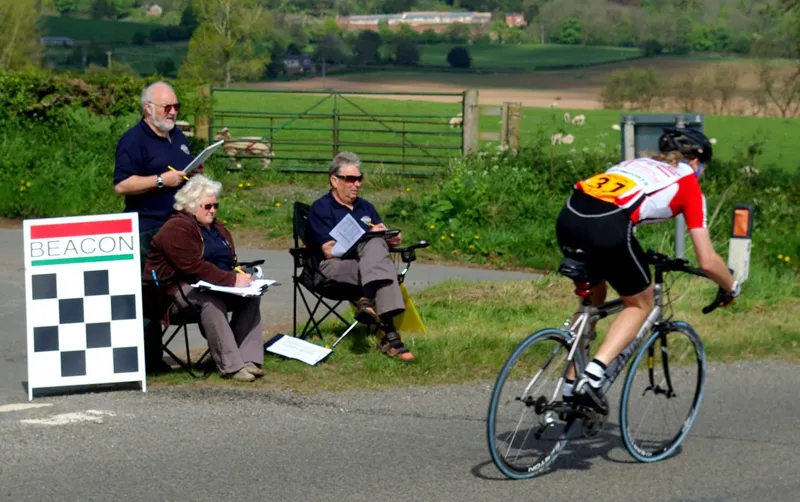
As you pass the timekeeper a heady mixture of elation and exhaustion comes flooding through you. Every sinew can finally relax, your heart can beat normally, your lungs can suck in great gulps of much needed air. The physical ‘high’ will course through your veins for several hours afterwards, but whatever your result, there will always be one thing in your mind: “Could I have gone any harder?”
As women we can never hope to equal the men. We are physiologically disadvantaged in aerobic capacity and muscle power. But that is exactly why time trials suit us so well. A time trial is a race for you, against yourself. Known as the ‘race of truth’ it speaks the same truth to women as to men. Time trialling is every bit as much for us as it is for those aliens.
For more information about getting into time trialling, visit Cycling Time Trials, the governing body for time trials in the UK.
